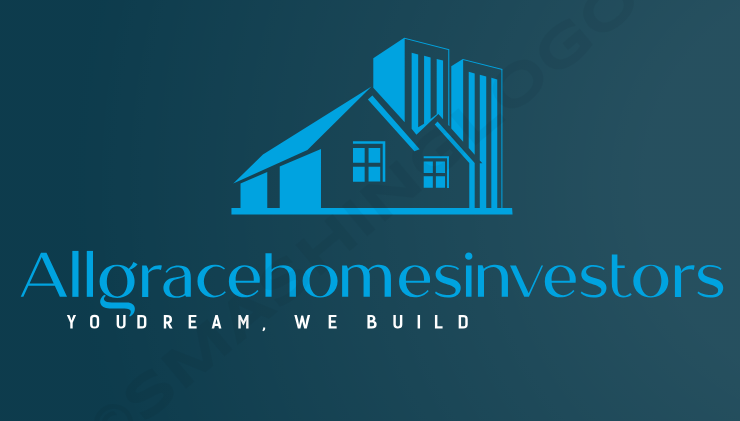What is Foreclosure?
Foreclosure is a legal process that allows a lender to take possession of a property when the borrower fails to make their mortgage payments. There are many reasons why a homeowner might fall behind on their payments, including job loss, illness, divorce, or other financial hardships.
Foreclosure Process
When a homeowner falls behind on their payments, the lender will usually send them a notice of default, giving them a chance to catch up on their payments. If the homeowner is unable to bring their loan current, the lender will begin the foreclosure process.
After the notice of default, the next step is usually a notice of sale, which is a public notice that the property will be auctioned off to the highest bidder. If the property doesn’t sell at auction, it becomes a bank-owned property, or REO (real estate owned). The bank will then list the property for sale with a real estate agent. At any point during this process, the homeowner may be able to negotiate with the lender for a loan modification or short sale.
Impact of Foreclosure on Homeowners, Lenders and the Community.
Foreclosure can have a devastating effect on homeowners, leading to financial ruin and loss of their home. It can also have a ripple effect on the surrounding community, lowering property values and increasing the risk of crime.
Foreclosure can also have an impact on the broader economy, as it reduces the number of homes available for sale and can slow down the housing market.
The rise and Fall of Foreclosure on the Housing Market
The impact of the foreclosure crisis on the housing market:
- Home prices fell sharply in many areas, with some markets seeing declines of 30% or more.
- Foreclosures created a glut of homes on the market, making it difficult for sellers to find buyers.
- Banks began holding onto foreclosed properties, which further reduced the supply of homes for sale.
- The crisis led to a wave of job losses in the housing and financial industries, further depressing the economy.
The recovery from the crisis.
The government took a number of steps to stabilize the housing market, including the creation of the Home Affordable Modification Program (HAMP) and the Home Affordable Refinance Program (HARP). These programs helped millions of homeowners avoid foreclosure and kept many homes out of the foreclosure market. In addition, the Federal Reserve kept interest rates low, which helped to spur a recovery in the housing market.
Pros and Cons of Foreclosure
The pros and cons of foreclosure:
*ros of foreclosure:
- You may be able to walk away from your mortgage debt
- You may be able to keep any equity in the home.
- You may qualify for relocation assistance.
Cons of foreclosure:
- Your credit score will be severely damaged.
- You may be subject to a deficiency judgment, which means you could owe the difference between what you owe on the mortgage and what the home sells for.
- It can be difficult to find a rental property with a foreclosure on your record.
Legal Rights of Home Owners Facing Foreclosure:
There are actually several legal rights that homeowners facing foreclosure have, including the following
The right to a notice of default. The lender must provide written notice of default to the homeowner, informing them of the specific steps they need to take to avoid foreclosure.
The right to a notice of sale. If the homeowner doesn’t take the necessary steps to avoid foreclosure, the lender must provide a notice of sale before the home is auctioned off.
The right to challenge the foreclosure.
Now, let’s talk about the legal process of foreclosure.
First, the lender must file a lawsuit and obtain a court order to foreclose on the home.
Once this is done, the home will be scheduled for a public auction. T
he homeowner has the right to attend the auction and bid on the property, but they must pay in cash.
If the home doesn’t sell at auction, it becomes a real estate-owned (REO) property and is owned by the lender.
Ways to Avoid Foreclosure
- The first step is to reach out to the lender as soon as possible if you’re having trouble making your payments. Lenders may be willing to work with you to find a solution, such as a loan modification or forbearance. If you’re unable to work things out with your lender, there are also government and non-profit programs that can help.
- You can also consider selling your home through a short sale, in which the lender agrees to accept less than what is owed on the mortgage. Or, you may be able to work with a housing counselor to explore your options.
- Refinancing is another way to avoid foreclosure. This involves taking out a new loan to pay off the existing mortgage. Refinancing can be a good option if you’re able to get a lower interest rate or a longer loan term. However, it’s important to be aware of the costs associated with refinancing, such as closing costs and fees.
- A short sale is when the lender agrees to accept less than the full amount owed on the mortgage, and the homeowner sells the home for less than what is owed. This can be a good option if you can’t afford your mortgage payments and don’t want to go through foreclosure. A few things to keep in mind with a short sale are that it will likely damage your credit and may result in taxes on the amount of the loan that is forgiven.
- Deed in lieu of foreclosure. With this option, you give the deed of your home to the lender in exchange for them canceling the debt. It’s important to note that a deed in lieu of foreclosure may not be an option if there are other liens on the property, such as a second mortgage or tax lien.
Key Takeaways
It’s important to know your options and work with a professional to find the best solution for your situation, don’t wait until the last minute to take action – the sooner you explore your options, the better.
And, don’t be afraid to ask for help – there are many resources available to homeowners facing financial hardship.
it’s always a good idea to work with a qualified professional, such as a housing counselor or financial advisor, to make the best decision for your situation.



0 Comments